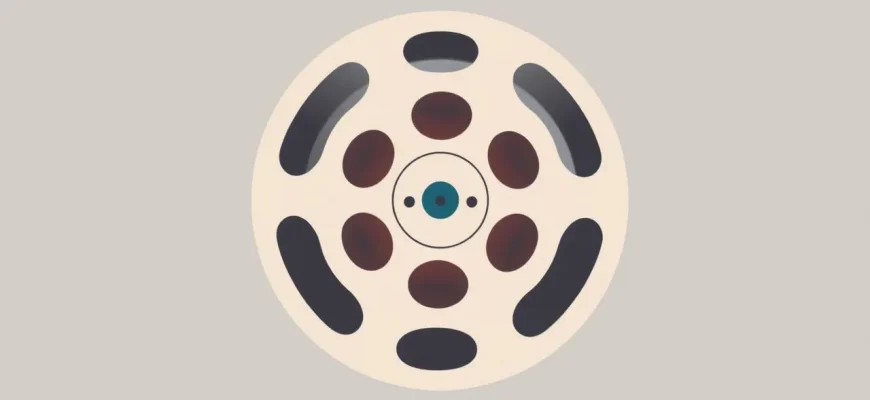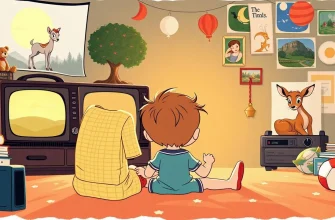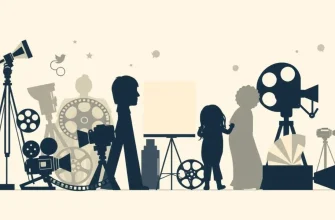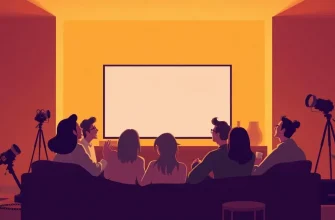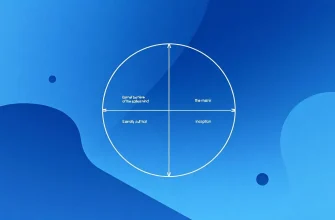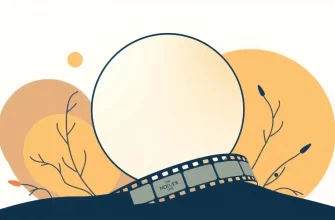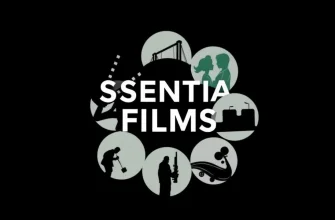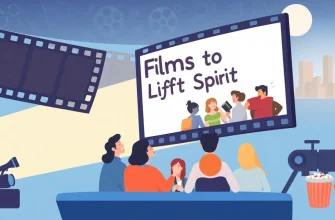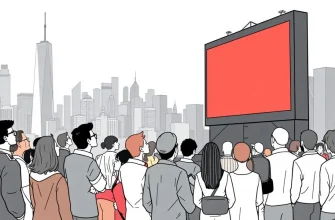The 20th century was a period of immense change, innovation, and conflict, which has been captured brilliantly in cinema. This curated collection of films provides a window into various aspects of this dynamic era, from the roaring twenties to the dawn of the new millennium. Each film not only entertains but also educates, offering insights into historical events, societal shifts, and cultural revolutions. Whether you're a history buff, a film enthusiast, or simply looking for a compelling story, these movies are essential viewing.
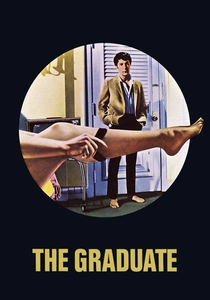
The Graduate (1967)
Description: Capturing the cultural revolution of the late 1960s, this film follows a young man's post-college life, reflecting the era's generational divide and the search for identity.
Fact: The iconic soundtrack by Simon & Garfunkel was not originally intended for the film but became synonymous with it.
 Watch Now
Watch Now
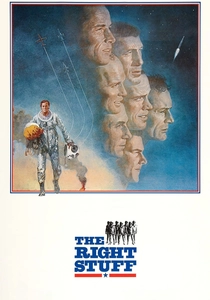
The Right Stuff (1983)
Description: Chronicling the early days of the U.S. space program, this film captures the spirit of exploration and the Cold War rivalry with the Soviet Union.
Fact: The film was adapted from Tom Wolfe's non-fiction book, and it features real-life footage from NASA's Mercury program.
 Watch Now
Watch Now
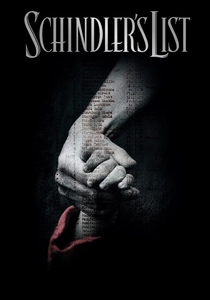
Schindler's List (1993)
Description: This Steven Spielberg masterpiece portrays the Holocaust through the story of Oskar Schindler, who saved over 1,000 Jewish refugees by employing them in his factories.
Fact: The film was shot in black and white to reflect the era's newsreels, and Spielberg refused to accept a salary for directing, considering it a labor of love.
 Watch Now
Watch Now
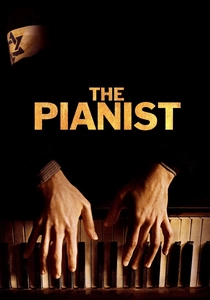
The Pianist (2002)
Description: Based on the true story of Władysław Szpilman, this film provides a poignant look at the Holocaust through the eyes of a Polish-Jewish pianist.
Fact: Adrien Brody learned to play the piano for the role, and his dedication included losing significant weight to portray Szpilman's starvation.
 Watch Now
Watch Now
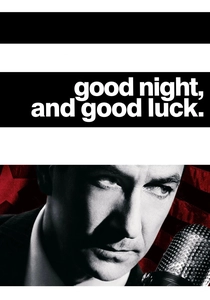
Good Night, and Good Luck (2005)
Description: This film captures the tension of the McCarthy era, focusing on journalist Edward R. Murrow's battle against Senator Joseph McCarthy's anti-Communist witch hunts.
Fact: The film was shot in black and white to reflect the era's television broadcasts, and George Clooney directed and co-wrote the screenplay.
 Watch Now
Watch Now
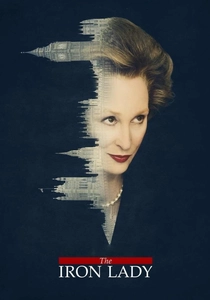
The Iron Lady (2011)
Description: This biographical drama focuses on Margaret Thatcher, Britain's first female Prime Minister, exploring her rise to power and her impact on the 20th century.
Fact: Meryl Streep's portrayal of Thatcher won her a third Academy Award for Best Actress.
 Watch Now
Watch Now
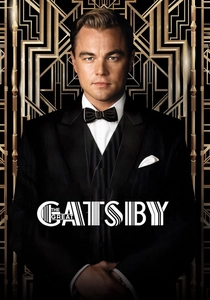
The Great Gatsby (2013)
Description: Set in the Roaring Twenties, this adaptation of F. Scott Fitzgerald's novel captures the glamour and excess of the Jazz Age, reflecting the economic boom and cultural shifts of the time.
Fact: The film used over 40,000 Swarovski crystals to create the opulent costumes, and the soundtrack features contemporary artists like Jay-Z and Lana Del Rey.
 Watch Now
Watch Now
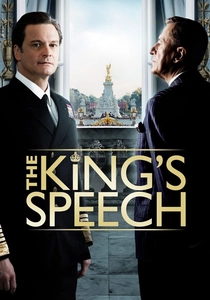
The King's Speech (2010)
Description: Set in the 1930s, this film explores King George VI's struggle with a stammer, reflecting the personal challenges of leadership during a time of global tension.
Fact: The film was inspired by a true story, and Colin Firth won an Oscar for his portrayal of the King.
 Watch Now
Watch Now

Midnight in Paris (2011)
Description: While not directly about the 20th century, this Woody Allen film uses time travel to explore the cultural and artistic movements of the 1920s in Paris.
Fact: The film features cameos by historical figures like Ernest Hemingway and Salvador Dalí, portrayed by actors.
 Watch Now
Watch Now
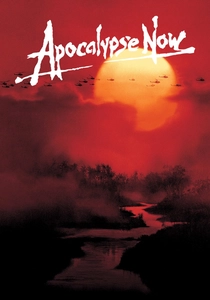
Apocalypse Now (1979)
Description: A visceral depiction of the Vietnam War, this film delves into the psychological impact of war, showcasing the chaos and moral ambiguity of the conflict.
Fact: The production was famously troubled, with director Francis Ford Coppola nearly having a nervous breakdown, and the film went significantly over budget.
 30 Days Free
30 Days Free

